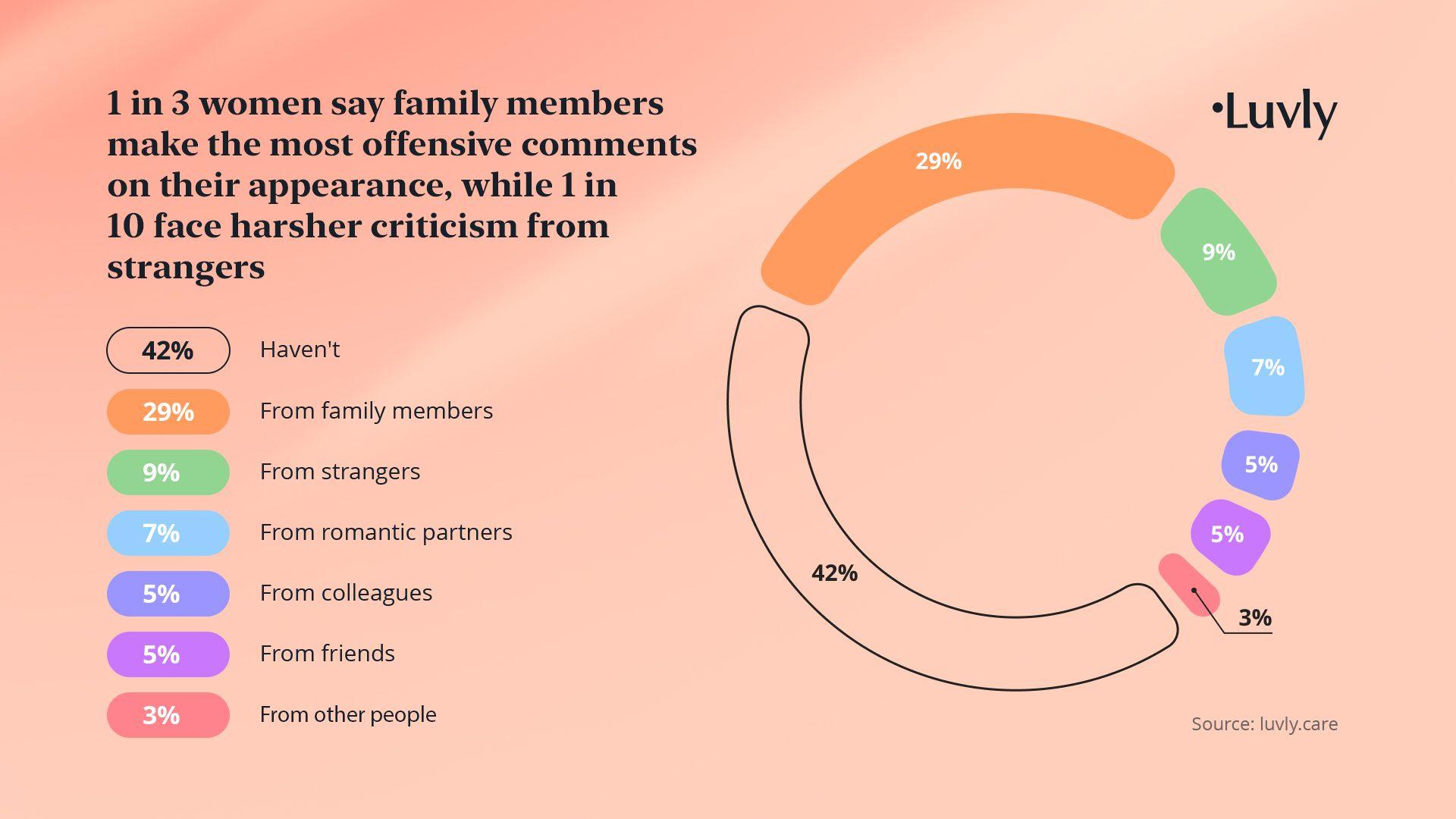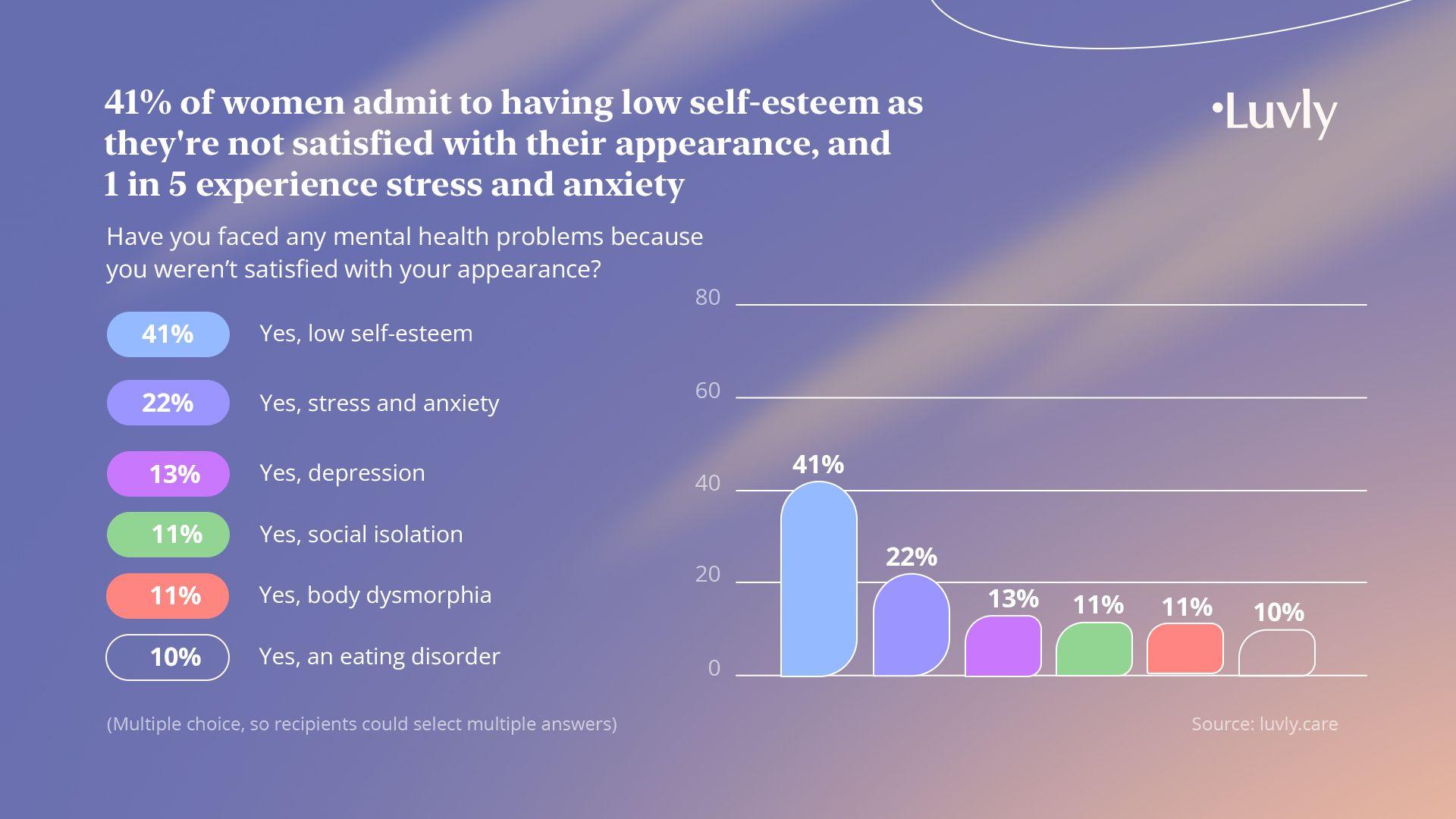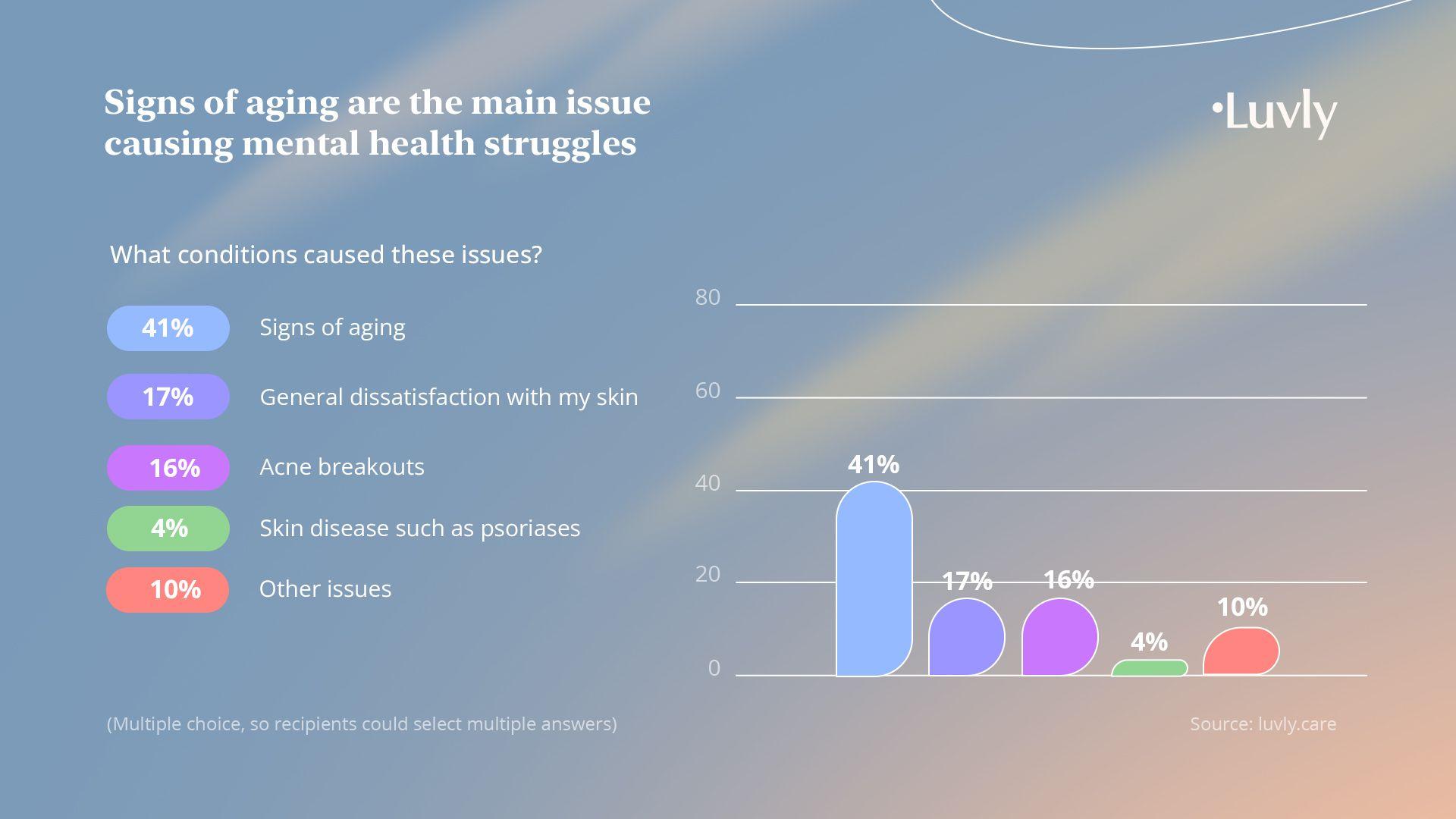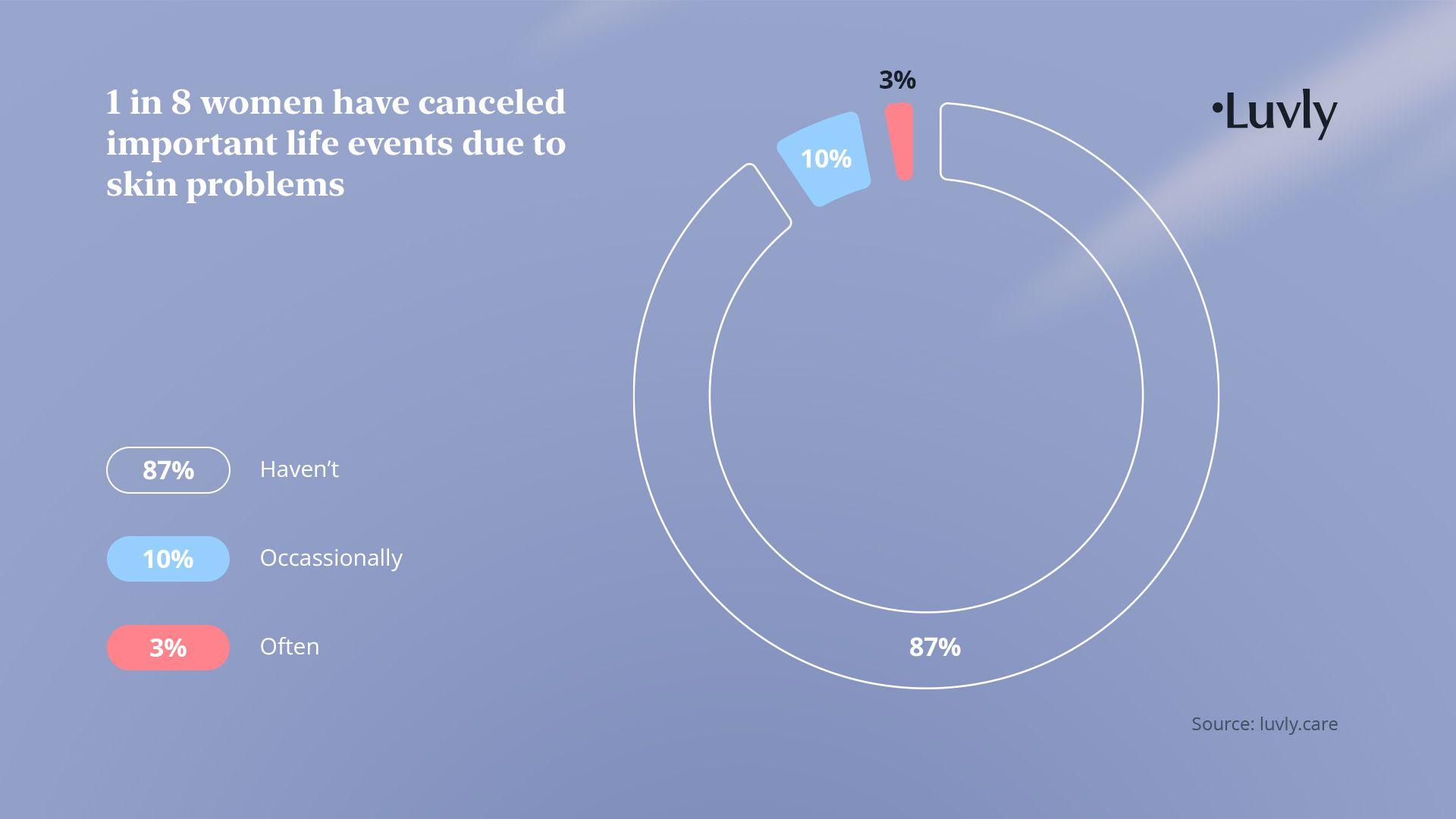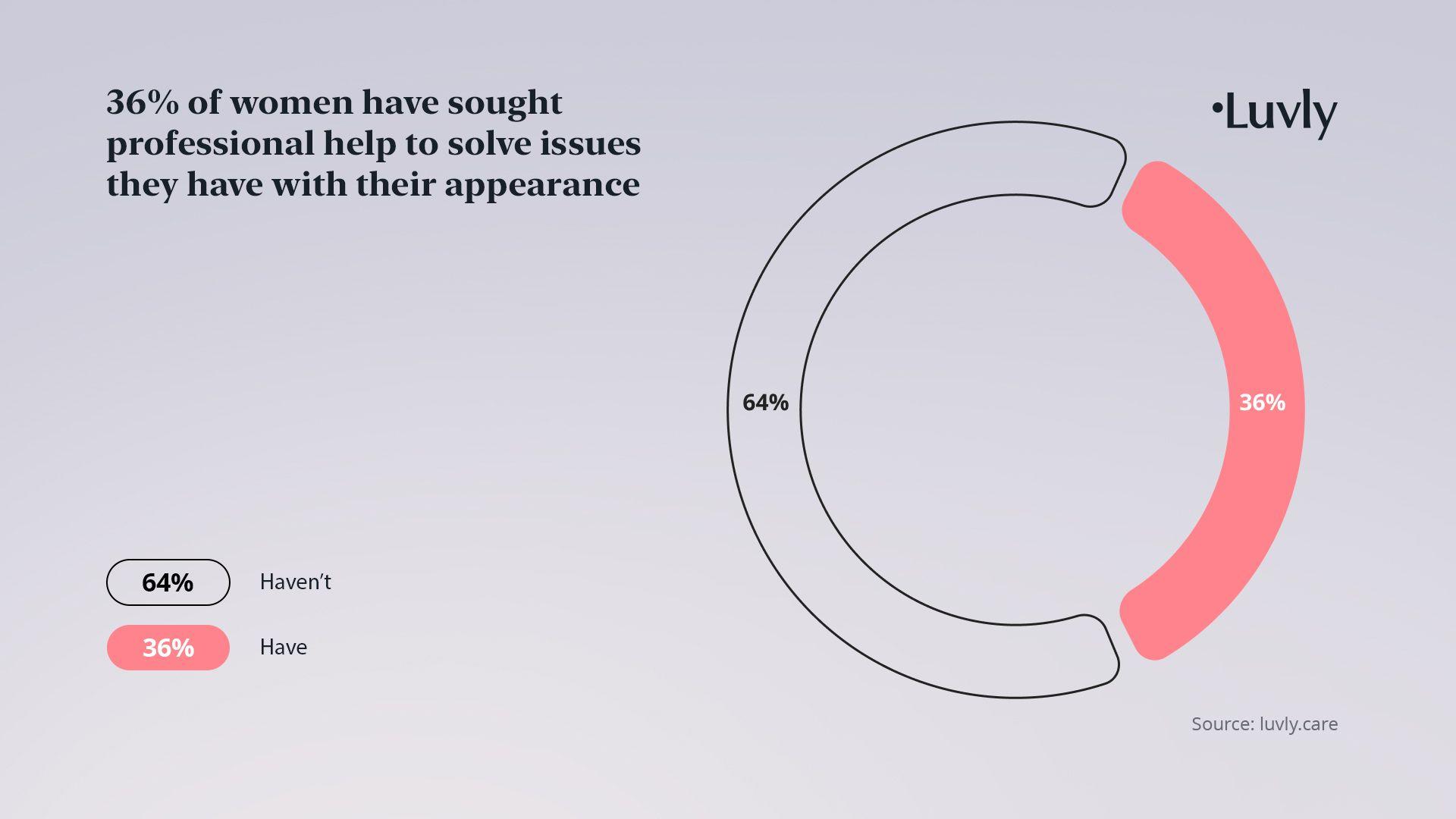Face Yoga
Keeping up Appearances: the Toll on Women’s Mental Health
Written by Valeria ZhyvotovaUpdated on 07 Aug 2024
Face Yoga
Keeping up Appearances: the Toll on Women’s Mental Health
Written by Valeria Zhyvotova.Updated at 07 Aug 2024
In today’s fast-moving world, taking care of your mental health is an absolute imperative. Yet no matter how much you look after yourself, sometimes it can seem like the world is out to knock your confidence – particularly for women.
From unrealistic beauty standards in the media to sexist humor online, the modern woman faces plenty of pitfalls when it comes to maintaining her confidence. So how is she handling it? And are there lessons for the rest of us?
For Mental Health Week, we spoke to 1200 women about all things mental health and self-confidence. Here’s what they told us:
- 1 in 3 women have been criticized for their appearance, with 1 in 5 saying they have been bullied (as an adult)
- 1 in 3 women say family members make the most offensive comments about their appearance, while 1 in 10 faces harsher criticism from strangers
- 41% of women admit to having low self-esteem as they're not satisfied with their appearance, and 1 in 5 experience stress and anxiety
- 1 in 8 women have canceled important life events due to skin problems
- 1 in 5 women feel insecure if they don’t check their appearance regularly
1 in 3 women faces criticism about their looks
Having someone criticize your appearance is never a pleasant experience. Even worse, it tends to be one that many of us hang on to – potentially remembering it for years to come. For those of us who have such a memory, there may be some small consolation in knowing that – as unpleasant as it may be – you certainly aren’t the only one.Indeed our study confirmed that more than 1 in 3 women have been criticized for their appearance. For a smaller number, the experience was much more severe: with 18% saying they had faced bullying.
So who is to blame for this wave of unpleasantness? For those respondents who reported facing criticism about their looks, there was one runaway culprit: family members. Indeed, 29% of all respondents said this was their experience.
Elsewhere, 9% said they had faced criticism from strangers; 7% said it had come from romantic partners; 5% blamed work colleagues; and 5% said that someone within their friendship circle was the source of the criticism.
Criticism about women’s looks takes its toll
Given everything we know about the subject, it’s no surprise to find that women believe that judgemental comments about their appearance are undermining their self-esteem.When asked if they ever felt insecure about their appearance, 47% of women confirmed that they experienced such feelings. But did it go further than just feeling insecure?
Overall, 63% – almost two-thirds of respondents – said that dissatisfaction with their appearance was affecting their mental health, either by reducing their self-esteem (41%) or creating issues with stress and anxiety (22%).
So what is causing the problem? When we asked women what stressed them most about their appearance, 41% said they were worried about signs of aging. Other prominent worries for women include the health of their skin (17%), fearing a potential breakout (16%), and skin diseases such as psoriases (4%).
Perhaps unsurprisingly, all these pressures to look as good (and youthful…) as possible are affecting women’s behavior in the long run. Of our respondents, just over 1 in 5 (22%) reported feeling anxious if they don’t check their appearance regularly.
Mental health: how are women managing?
How are these anxieties manifesting in women’s day-to-day lives? Our study gave us one concrete example: with 1 in 8 women saying they had canceled important life events due to anxieties around their skin.It’s a powerful reminder of the deeper impact of conditions like breakouts – with women choosing to stay home rather than face the mental anxiety of seeing friends and family when dealing with worries around the state of their skin.
What’s more, 3% of women said that, rather than being a one-off thing, this was something affecting them regularly – forcing them to cancel more than one social event as a result.
Could women do more to manage their appearance anxieties? Our study revealed that 1 in 3 women had sought professional health in order to try to deal with the underlying issues around their appearance.
Still, whatever their strategy, it’s clear that – as our study confirms – many women are facing more pressure than ever when it comes to their looks, and from many different sources too.
Feeling anxious about our looks might not be pleasant. But does it have to be a fact of life? Our study suggests that plenty of women are dealing with that very situation.
Perhaps it’s time, then, we started to think about how we give more women the tools they need to take control of their confidence, and prevent appearance anxiety from taking over their mental health.
Methodology: To create this study, Luvly surveyed 1,200 women aged over 18 years old with no focus on particular geographies, ethnicities, or social backgrounds.



